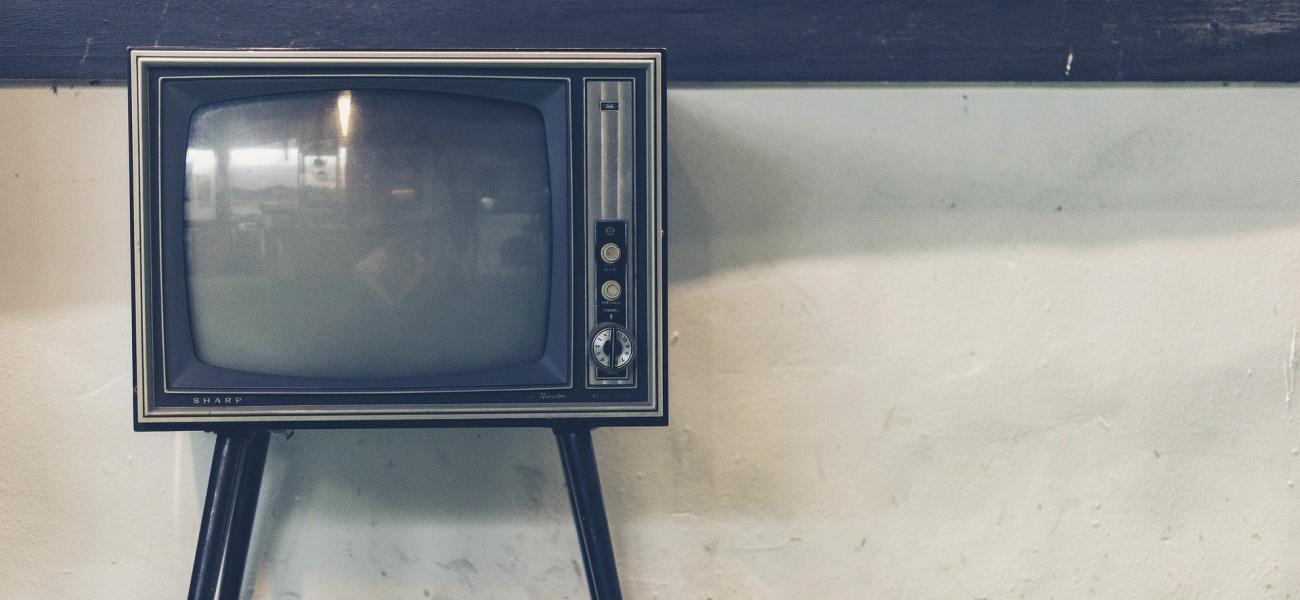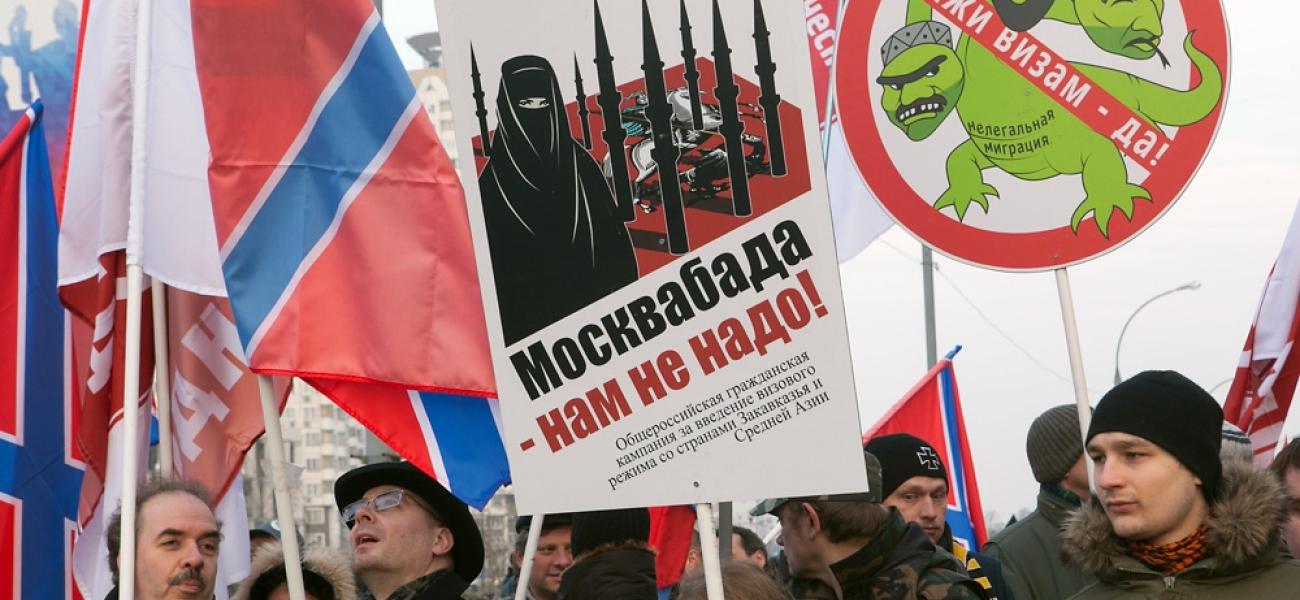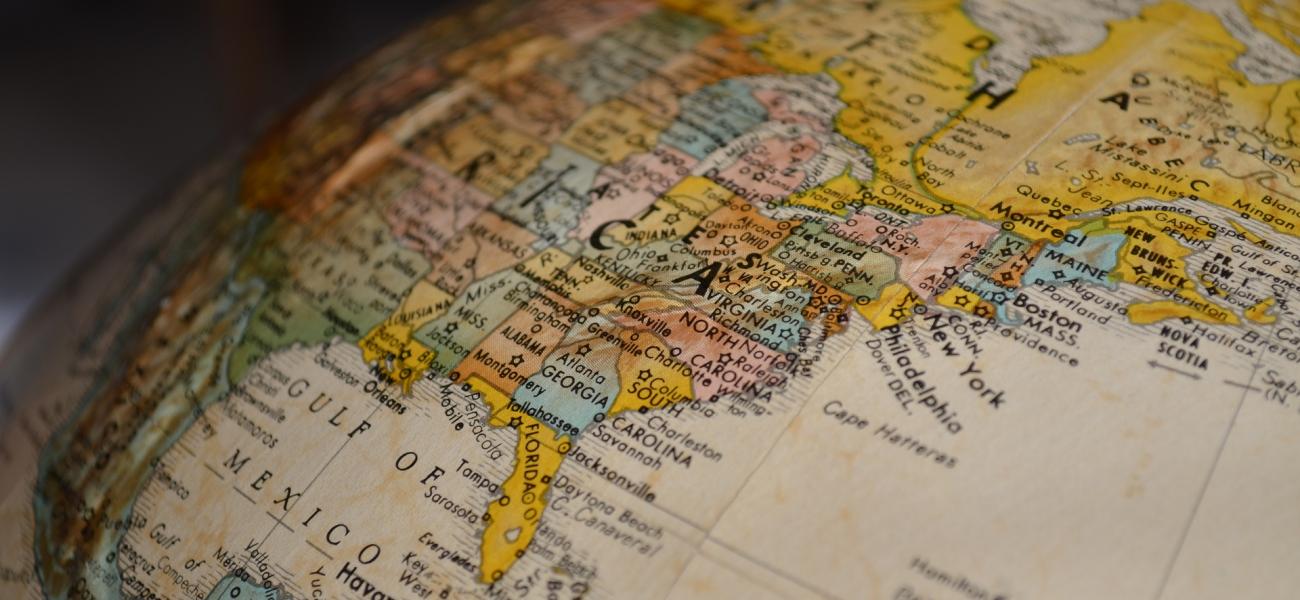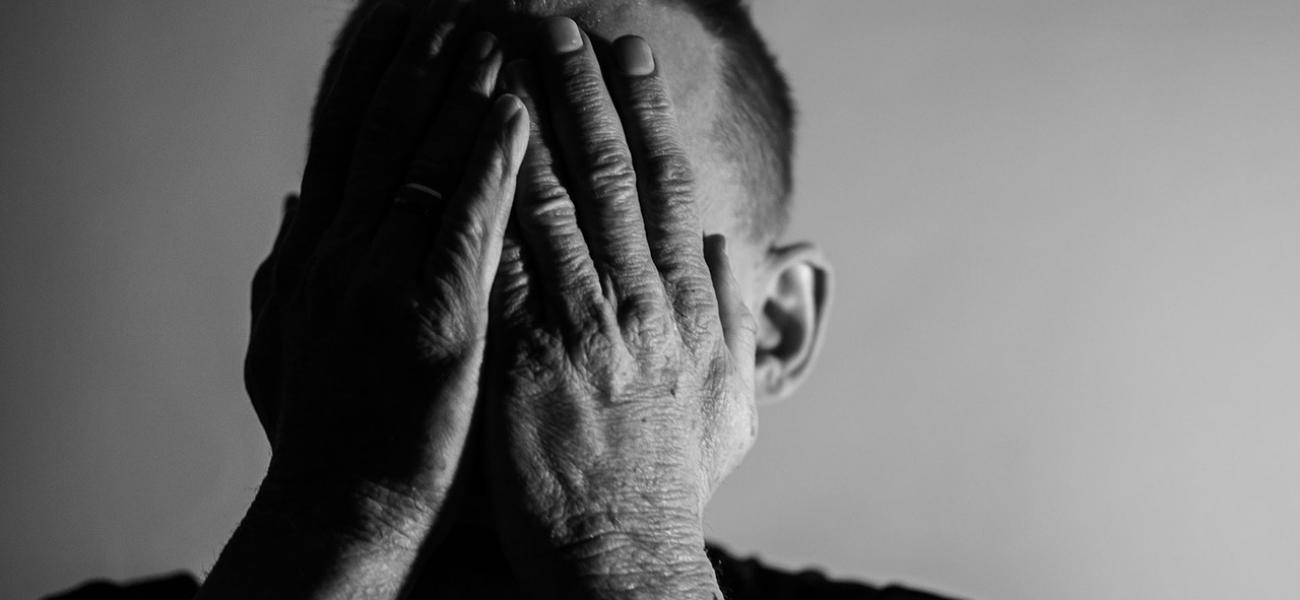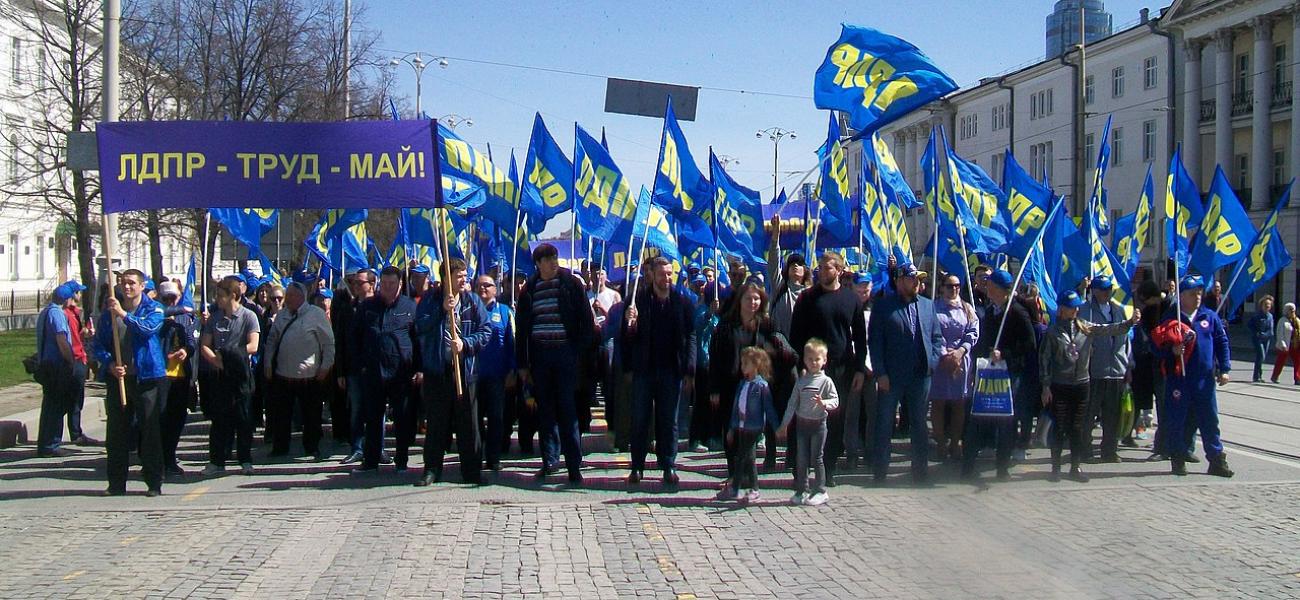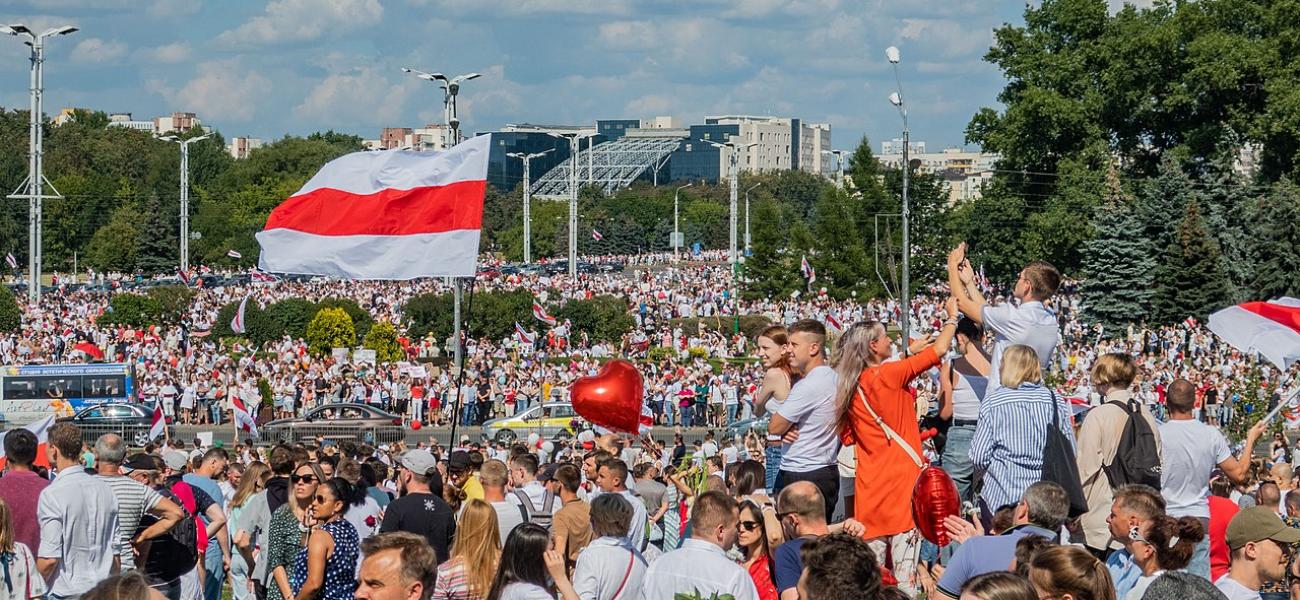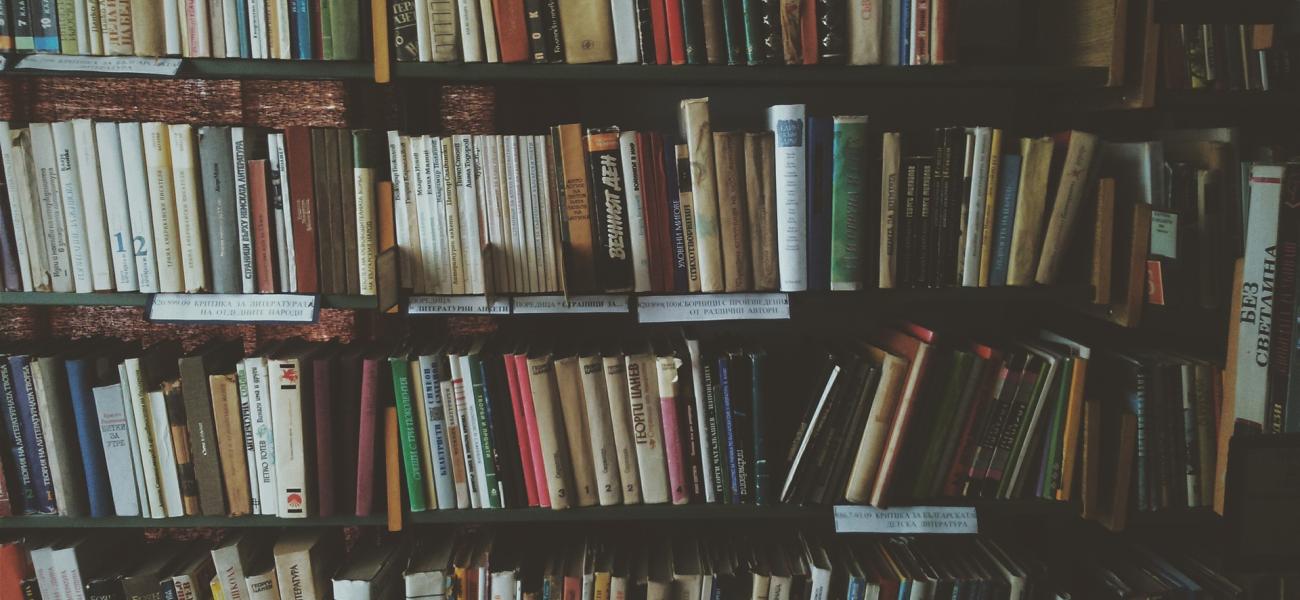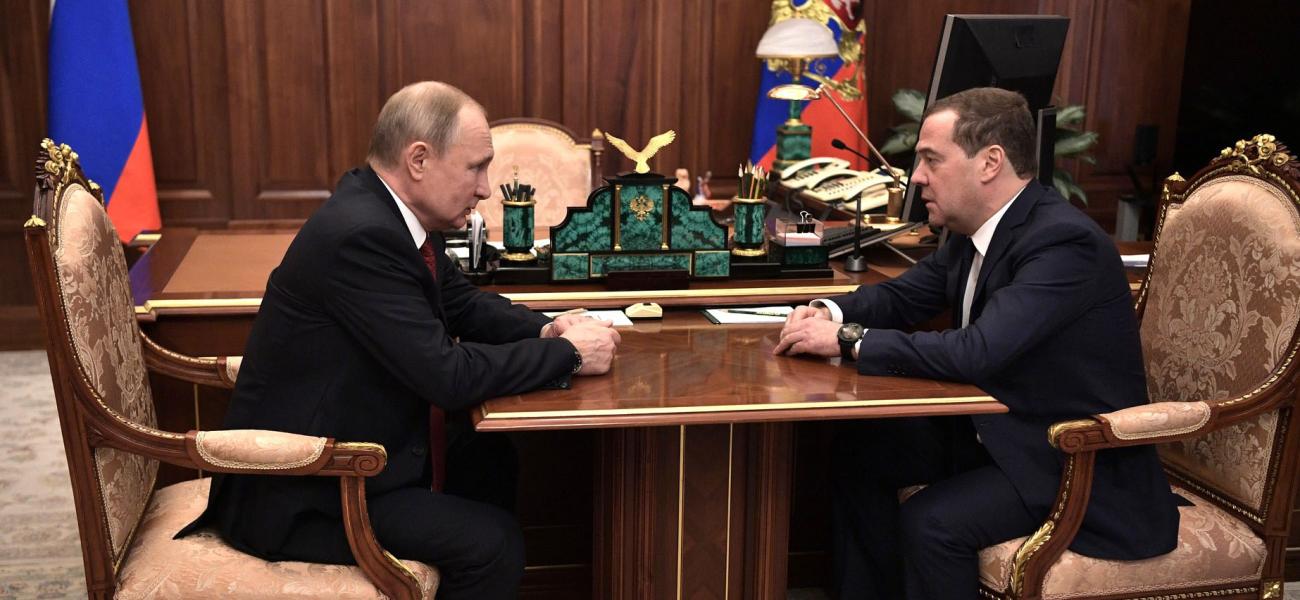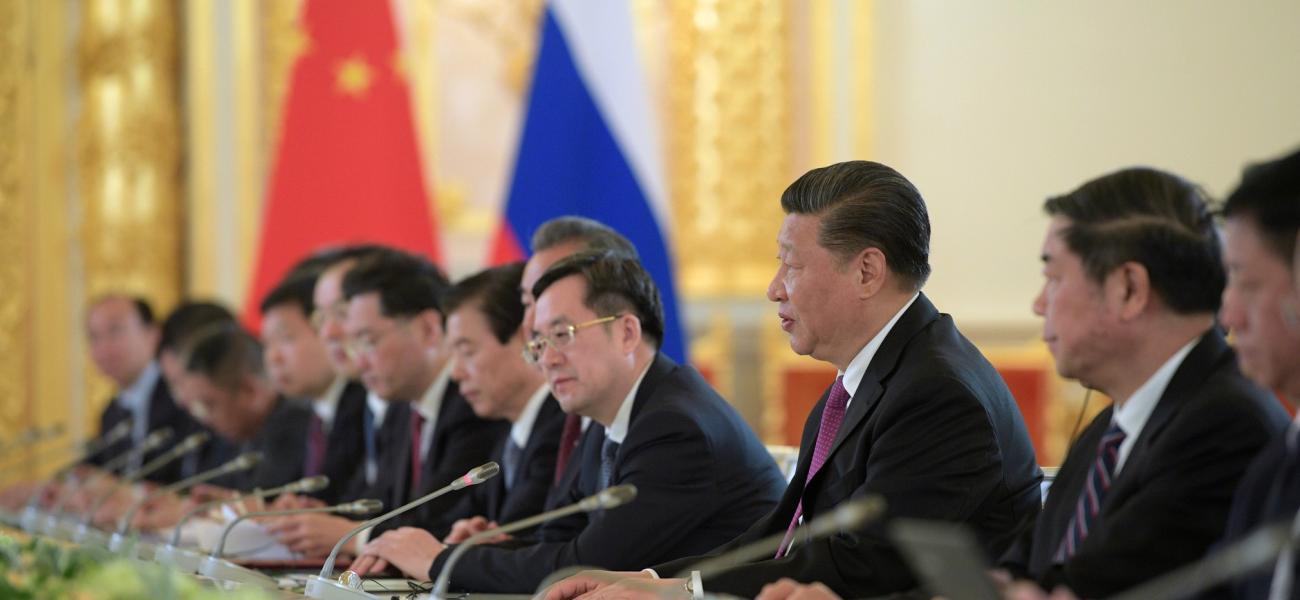The COVID-19 pandemic has already pushed Vladimir Putin’s approval ratings to historically low levels, and it may be that the ratings of the Russian leader, his government and his party are not done falling just yet.
Lower Approval, Trust in Putin
A poll conducted in April and released in May by Russia’s most respected independent pollster, the Levada Center, shows that 59 percent of Russians approve of Putin’s actions as president. While leaders of some other countries would take such a low point on any day, this figure actually represents Putin’s lowest approval rating in his 20 year tenure as Russia’s leader. Levada’s poll also shows that Putin’s approval ratings have decreased over the last few months: in February, his approval ratings were reported at 69 percent; in March, 63 percent.
Other Russian polling organizations’ reports support the Levada Center’s findings. While the state-owned Russian Public Opinion Research Center (VTsIOM) reports slightly higher numbers, approval ratings nonetheless seem to have slipped according to this organization as well. VTsIOM poll numbers from the beginning of February show that 66.1 percent of Russians approved of Putin’s work as president, and by the organization’s May 10 poll, this number had dropped to 61 percent. Another organization, the Public Opinion Foundation (FOM), which is formally independent but has allegedly partially relied on doing work for the Kremlin, confirms this trend as well, showing that 62 percent of Russians believed that Putin was doing good work as of May 24, compared to 65 percent at the beginning of February.

